Time flies!
It felt like only yesterday I was embarking on the biggest life-changing chapter. Fast forward to 12 months later and here I am reflecting on what has been a rather intensive year.
It is June 2024. We are now mid-year.
I needed to pause. To reflect.
It is ok to take the time to smell the roses.
It is ok to take 24 hours by boat to get to the final destination to start that research.
It is ok to rest my head tonight on my pillow.


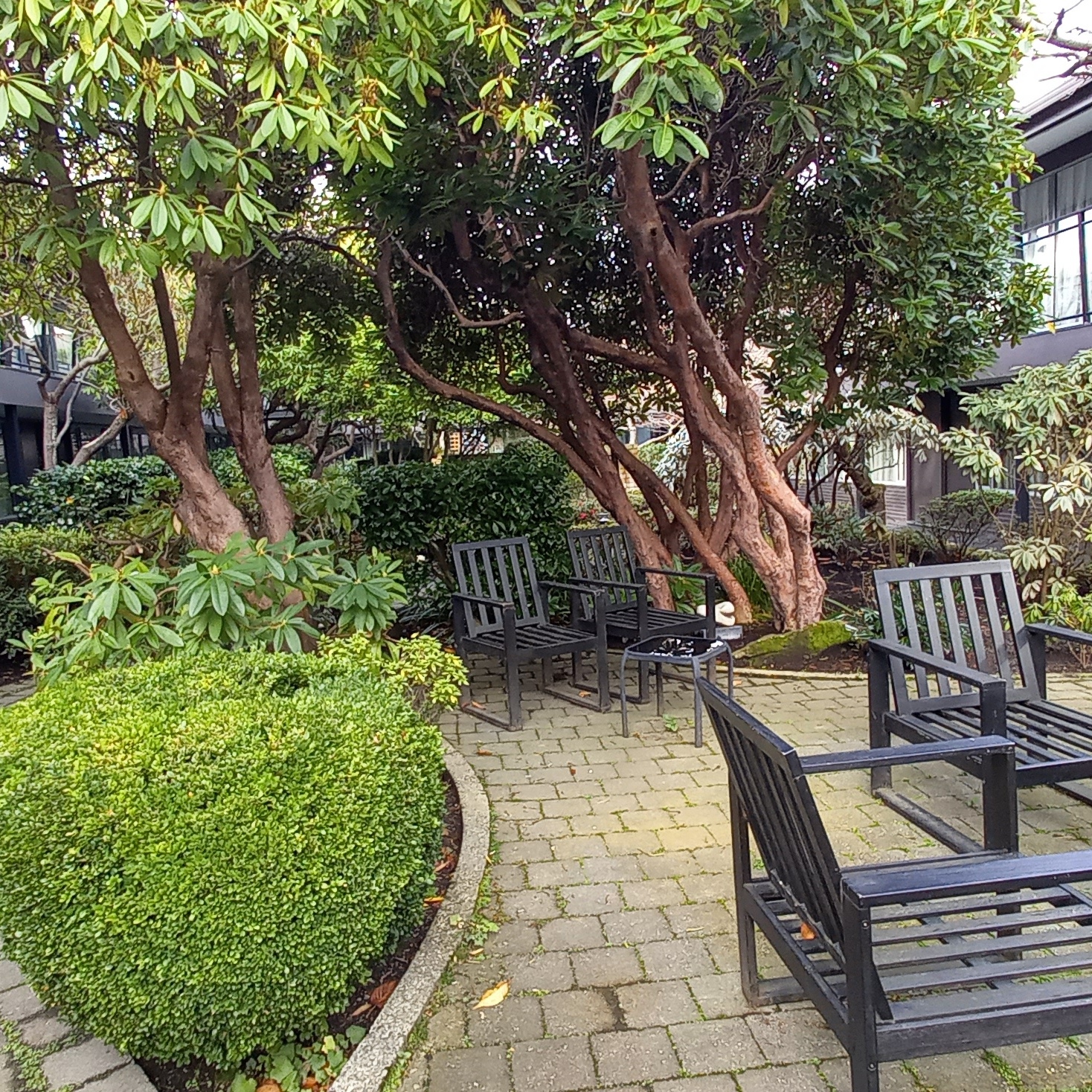


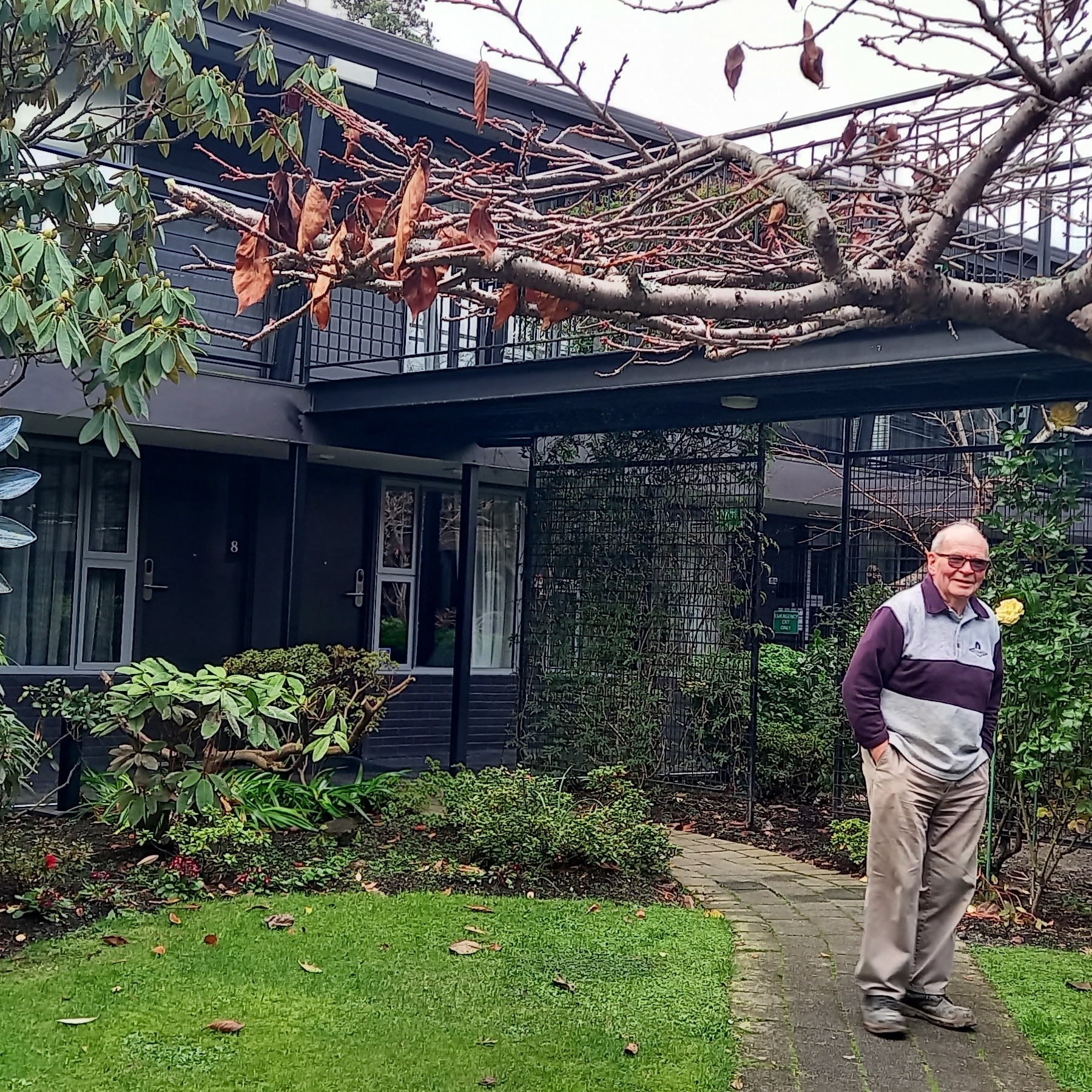
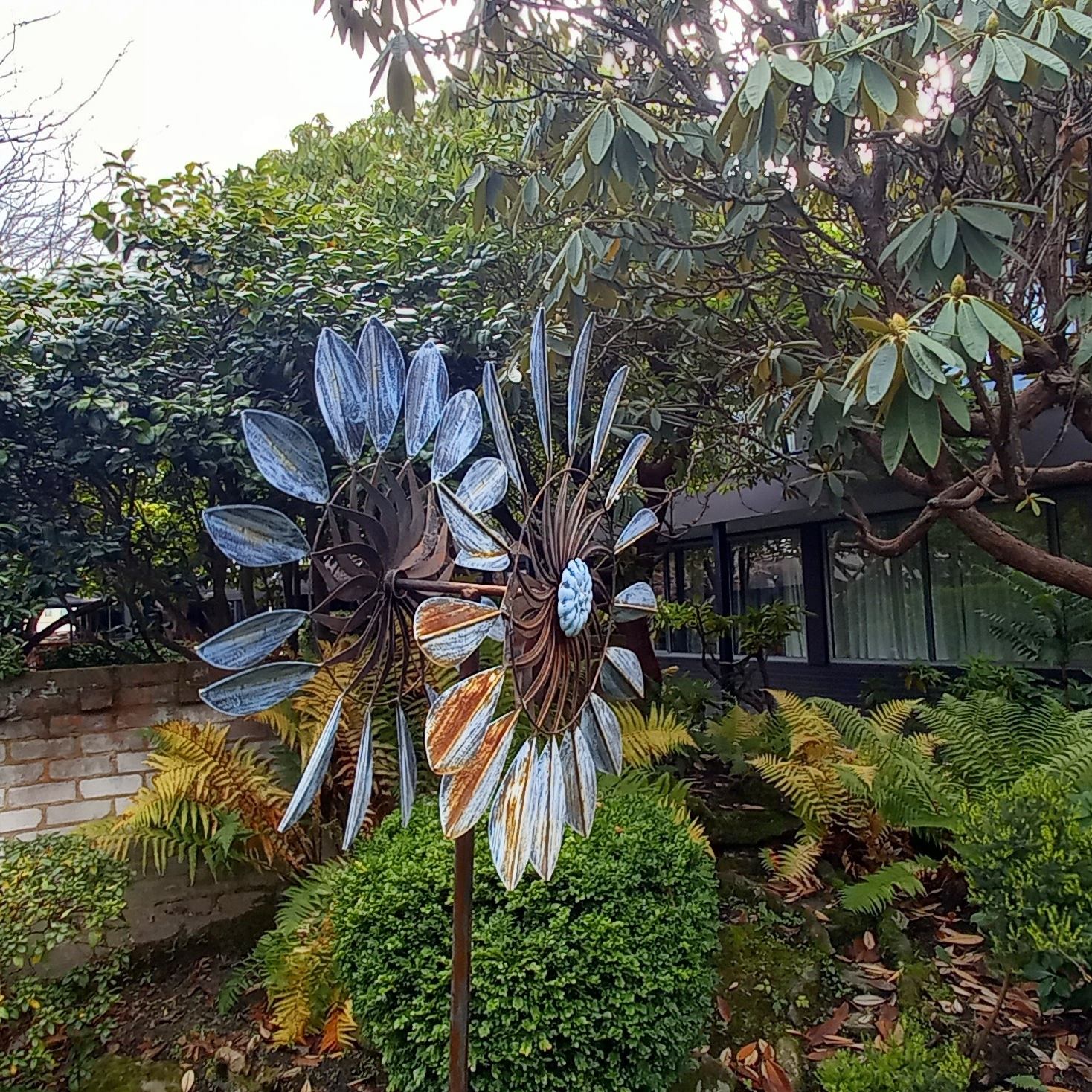
Today June 19, 2024 – I did just that.
I am very pleased I did that.
It was unexpected and I benefited from it with discovering a treasured garden of healing.
I met an elderly gentleman who is a specialist gardener called George in Dunedin, New Zealand. He led me to a motel courtyard to admire the leaf-less cherry blossom trees in a small botanical garden at Aurora on George. It was one of the coldest Dunedin days and incidentally, the last day of the Semester one exams for the University of Otago students.

The last four months in particular have been harsh on my mental health with an extra course to take to complement the PhD project. It was necessary and valuable to help with the analysis of my project. In addition, I have unexpectedly lost a valuable member of my Melanesian Advisor to the project. I have not had the time to grief. The late Dr Ruth Tumou’a from the University of Otago in Wellington passed away – I have never felt so broken. She was my family, friend and an important mentor for me towards this PhD journey because of her advice towards the cultural protocols highly involved in the science communications of the project.

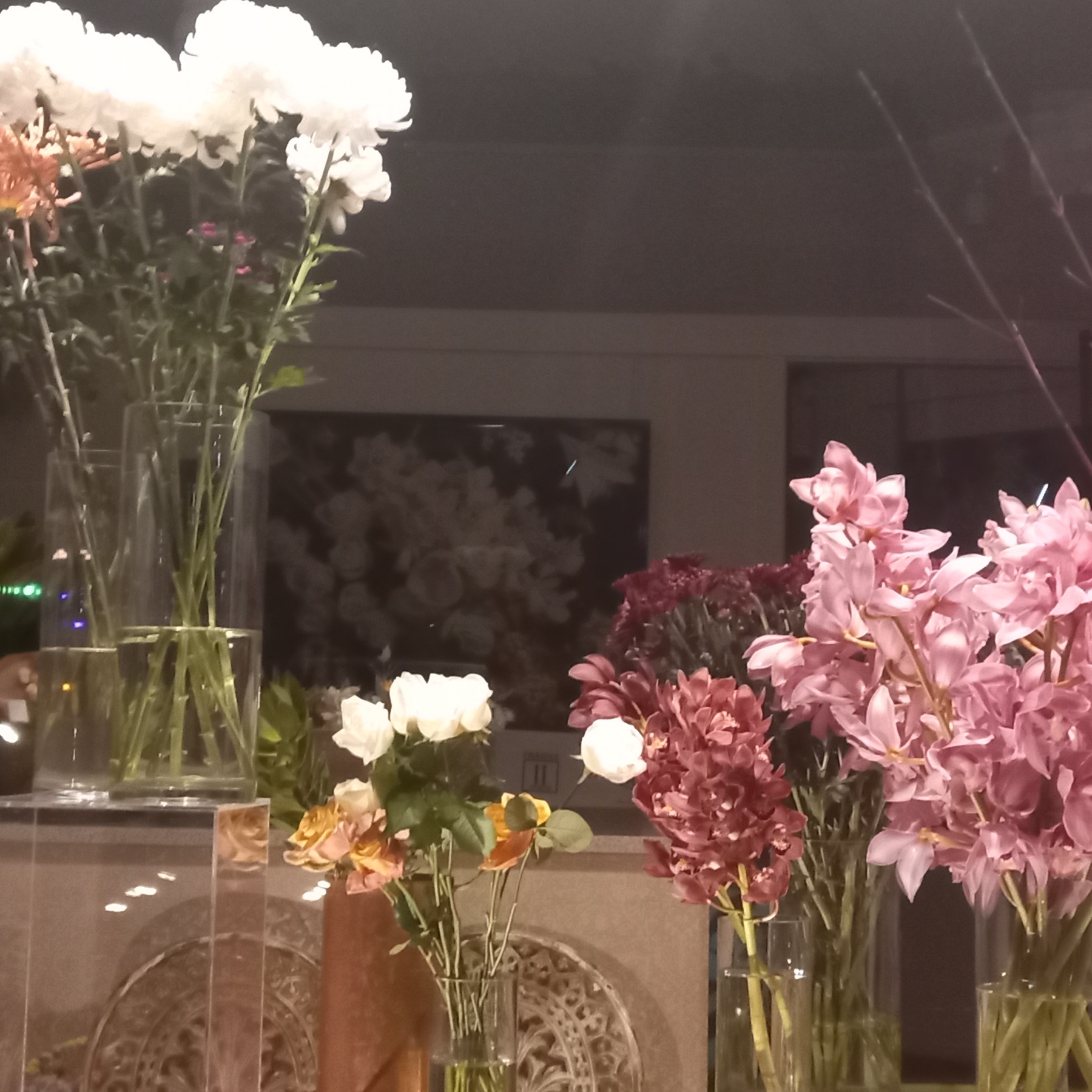
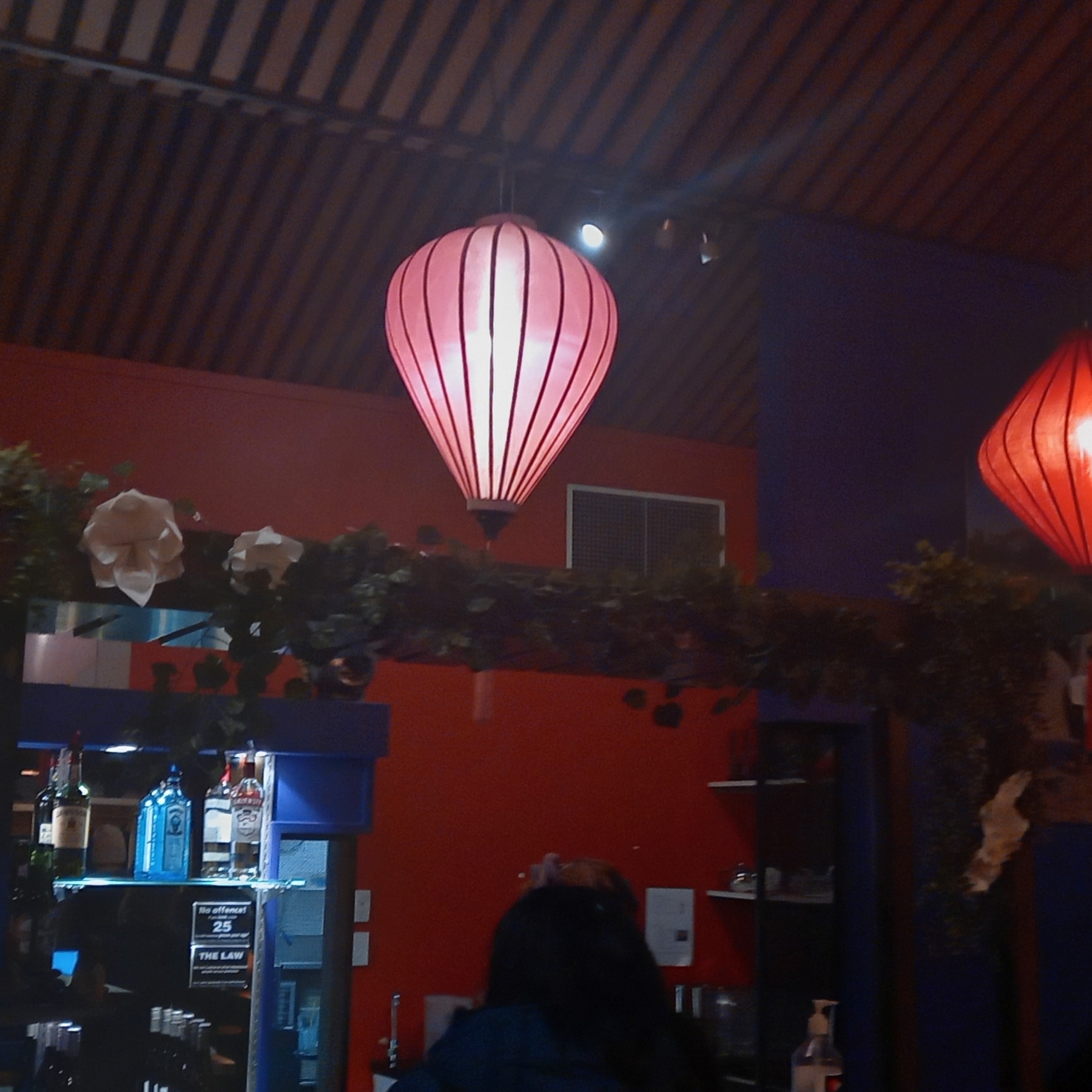

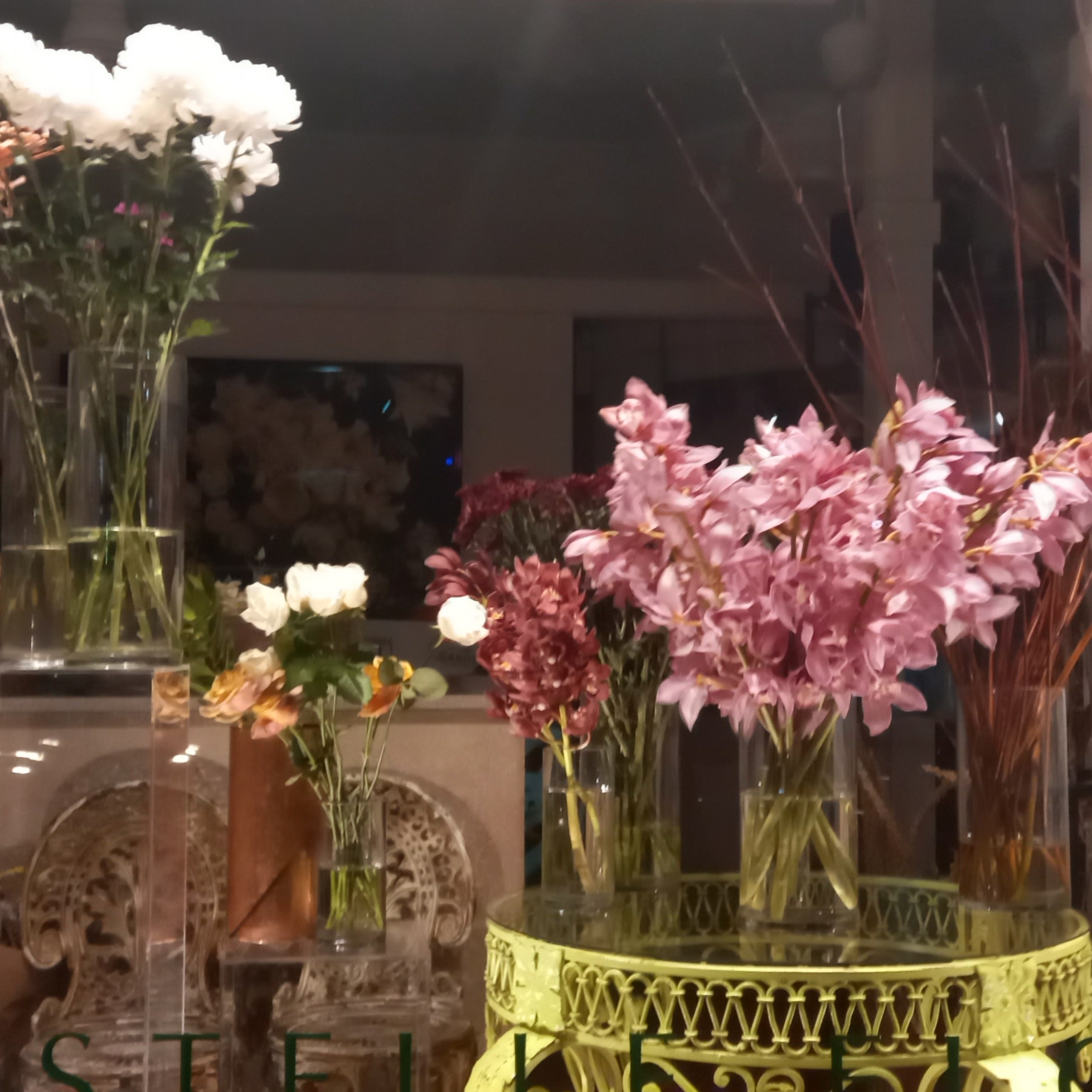
I have submitted my first progress report to my funder – the Health Research Council of New Zealand. It was a humbling surprise as I reflected on what I had written up. The little report was full of lessons, experiences, exposures and actions about me as a student – I concluded.
A few trials and challenges with international logistics and travels within Vanuatu but it did not deter me from keeping the momentum going despite the struggles. From one side of the world in Oceania to Asia, establishing networks and building the project infrastructures, creating meaningful and purposeful relationships and networks, setting up different teams, and delivering presentations about the disease risk to our rural Vanuatu population to keep their families protected.
One of the main challenges for me has been about keeping up with the intensive laboratory training required with this PhD. This project is all about an infectious pathogen or germ that is requiring biosafety at level 3 laboratories but I have also discovered that it has been downgraded to a level 2 instead. This is extremely reassuring. A Biosafety level 3 facility must be equipped and applied with specific practices and safety equipment to create a safe environment both within and outside of the laboratory for the work conducted with infectious agents like bacteria and other toxins. A Biosafety level 2 facility requires that all personnel working with agents associated with human diseases (pathogenic or infectious organisms) must apply enhanced measures in addition to the standard safety protocols. There is a lot of work involved in maintaining these standards for both the worker and the general public for safety purposes.
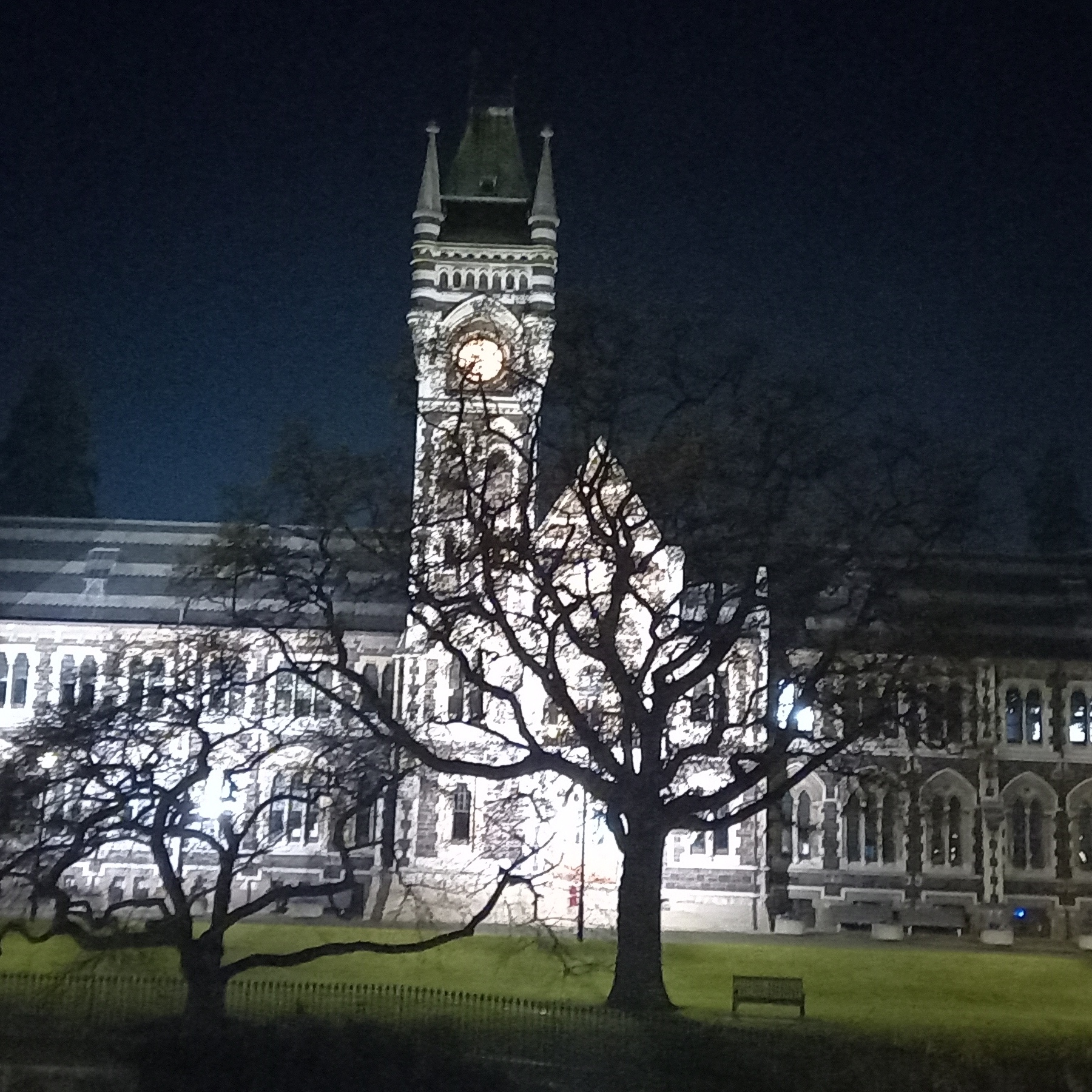


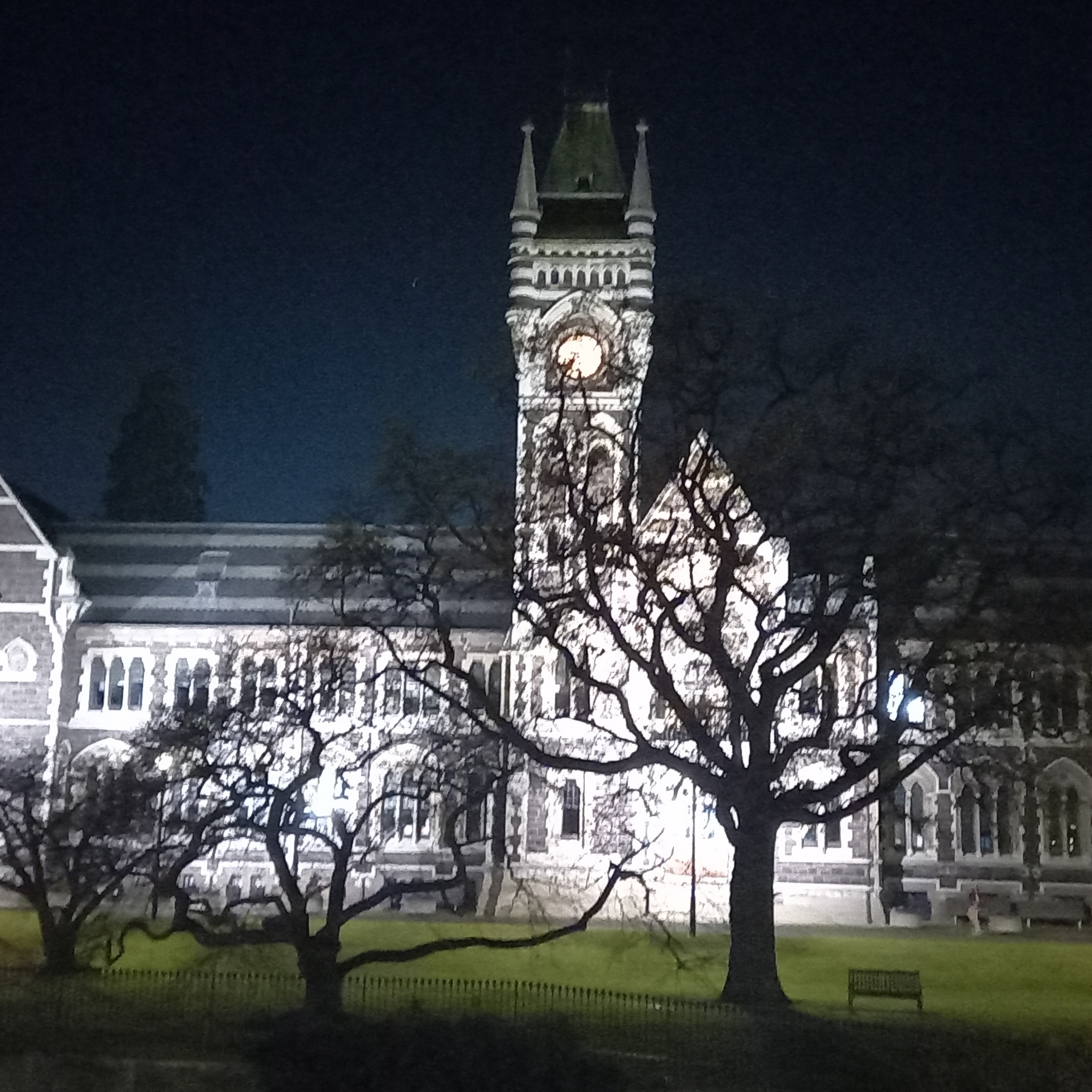

I reflected on the many notes I had listed about the individual achievements I have attained through this research at this point in time. It felt surreal! Did my little brain actually coped with all of these positive outcomes? I listed down at least 18 points and counting. Many of these individual achievements took a lot of time and effort and in some cases, overseas travels with high risks associated with it all to establish them in the one year period. It involved crossing angry rivers and riding the biggest waves over two hours to go from one island to the next in remote northern Vanuatu. It involved flight cancellations and constant negotiations for accommodations, airport transfers and food in low resourced environments. The biggest win has been about being heavily involved with the local health workers and communities and enabling empowerment through knowledge transmission. These people have then become my hands and feet as well as a critical voice in the rural communities passing messages about protecting their families and loved ones from the infectious disease.

So really, what have I learnt from this one year period?
Two words.
Resilience.
Adept.
I have learnt to be resilient. I have discovered that this PhD is not about intelligence and being smart. If anything, it is about the mindset and the mental capacity to keep going through the trials and tribulations with the support of true friends, families and supervisory team.


